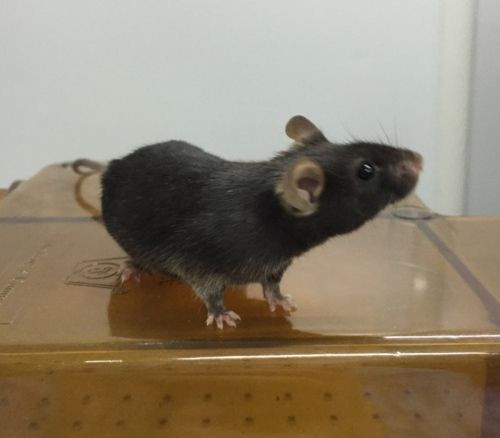Chinese study makes mice sperm cell in lab; offers hope for infertile men

For ordinary men, producing sperm through coitus or manually is not a problem but even a pleasurable experience. However, it is a different case for infertile men who cannot get his partner pregnant.
A Chinese research, although it was done on lab animal, offers hope for infertile men. The study, published in the journal Cell Stem Cell, took a stem cell, converted it into a primitive sperm and used it to fertilise an egg which resulted in the birth of healthy baby mice.
The breakthrough moves one step to providing therapy to infertile human males damaged by cancer treatments, infections like mumps or with congenital defect, reports BBC. The team combined chemicals, testicular tissue and hormones to manufacture the lab-grown sperm which started from an embryonic stem cell that could morph into any other type of tissue.
But the sperm that the Chinese team created are a stage earlier, spermatids, before the head and the tail for swimming come out. However, it had the accurate amount of genetic information, and using IVF, successfully inserted into mouse egg which eventually produced fertile and healthy offspring, says Professor Xiao-Yang Zhao from the Chinese Academy of Sciences.
Xiao-Yang adds that all possible risks must first be ruled out and admits there are ethical concerns regarding an issue expected to be controversial. Japanese scientists, in 2011, had previously used spermatids to create healthy human babies, although some countries, such as UK, consider the procedure as illegal.
To solve the problem of lack of materials to begin with since adults do not have embryonic stem cells, the Chinese researchers converted skin cells into a stem-cell state.
The Chinese team claims it has passed the “gold standard” criteria proposed in 2014 by a team of distinguished reproductive biologists. The benchmarks prove that all the essential steps of meiosis took place in eggs or sperm that were artificially created, reports The Mirror.
Inside the human male body, it takes the testes more than one month, from beginning to end, to make sperm. The process is considered one of the longest and most complicated in the body.





















